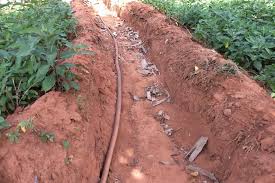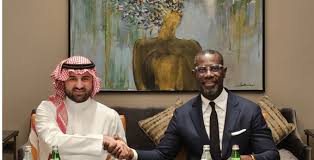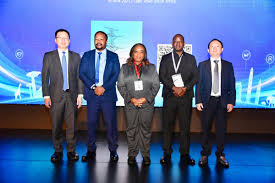While Europe gets back on track from COVID-19, the recovery of African countries is undermined by vaccine inequality. The S&D Group’s ‘Africa Week’ initiative seeks to address this.
Time for a partnership on equal footing between Africa and the EU
NewsDesk
Environment Africa Magazine is an eco-solutions focused publication, invested in delivering and promoting news, highlights and information on the environment, bridging the gap between environmental consciousness, sustainable integration of processes and business profitability. We highlight eco business interactions and provide salient green information to a strategic and key decision making subscriber base; deepening and enhancing environmental consciousness, not just in Nigeria but in Africa.
Share This
Previous Article







Can you be more specific about the content of your article? After reading it, I still have some doubts. Hope you can help me.